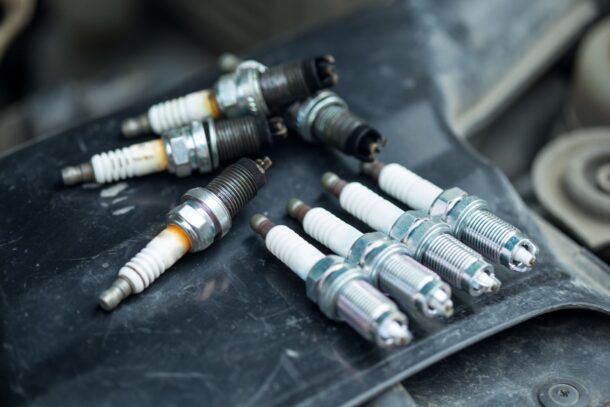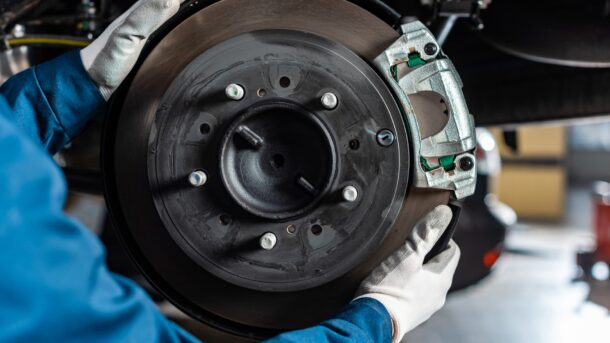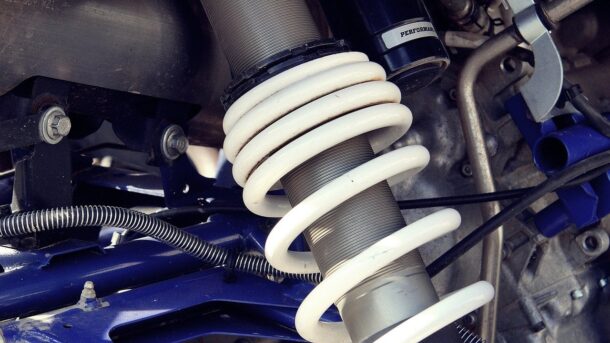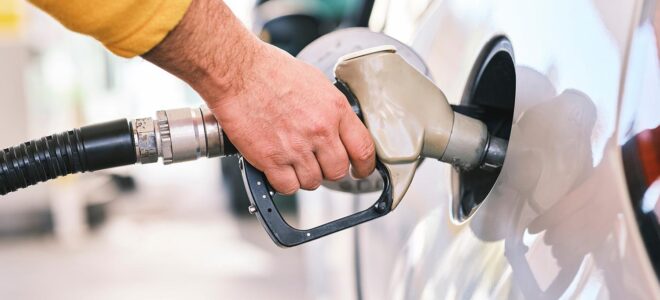Fueling efficiency and optimizing car performance are crucial aspects of automobile maintenance and management. Optimizing car performance through components is not only pivotal for fuel efficiency but also plays a vital role in enhancing overall vehicle performance.
This post will delve into various components such as the engine, fuel injection systems, and air filters, discussing their roles and impacts on the car’s performance, unraveling the multifaceted nature of automobiles.
The Engine

Source: auto.howstuffworks.com
Often regarded as the heart of a vehicle, the engine’s role in determining a car’s performance is indisputable. Regular maintenance and the use of suitable fuel are critical to optimizing engine efficiency. Modern engine technologies, such as variable valve timing and turbocharging, have offered groundbreaking solutions, allowing for enhanced efficiency and power.
Regular engine check-ups can prevent minor issues from escalating into major problems, ensuring longevity and optimal performance. With fuel being a significant expenditure for vehicle owners, advancements in engine technologies that contribute to efficiency are indispensable, allowing users to harness maximum power from every drop of oil, ensuring economical and environmentally friendly driving experiences.
Fuel Injection Systems
Fuel injection systems are pivotal, with their role being to deliver it to the engine precisely. They have significantly evolved, and the introduction of Electronic Fuel Injection (EFI) systems has been revolutionary, offering advantages over traditional carburetors. Fuel system components provide improved efficiency and power by ensuring the precise amount of liquid is delivered to the engine.
The EFI systems can adapt to the varying driving conditions, making real-time adjustments to the delivery, optimizing performance, and minimizing fuel wastage, allowing drivers to enjoy seamless driving experiences with substantial savings.
Air Filters and Intake Systems

Source: dubizzle.com
Air filters and intake systems are integral components impacting engine performance. Clean air filters and well-maintained intake systems are vital for fuel efficiency as they ensure that the engine receives clean and adequate air for the combustion process.
Aftermarket upgrades for intake systems can also offer improvements in the engine’s breathability, enhancing overall efficiency and power. They also reduce the engine’s exposure to contaminants, ensuring optimal combustion and mitigating the risks of engine wear and tear, allowing vehicles to maintain peak performance levels consistently.
Exhaust Systems
Exhaust systems play a crucial role in influencing engine efficiency and emissions. High-performance exhaust systems offer numerous benefits, including improved efficiency and reduced emissions, pivotal for environmental conservation. Catalytic converters, integral components of the exhaust systems, are crucial in reducing emissions by converting harmful gases into less harmful substances. The role of exhaust systems extends to ensuring that the engine operates efficiently, removing exhaust gasses effectively, and allowing the engine to breathe better, contributing to enhanced performance and fuel efficiency.
Spark Plugs and Ignition Systems

Source: driving.ca
The significance of spark plugs and ignition systems is often understated. Proper maintenance of spark plugs can substantially improve fuel economy. Advancements in ignition technology, such as coil-on-plug ignition systems, provide more reliable and energetic sparks, optimizing the combustion and enhancing overall efficiency.
They are responsible for igniting the air-fuel mixture in the engine’s combustion chambers, with their condition directly impacting the engine’s performance and the vehicle’s general efficiency. Regularly checking and replacing worn-out spark plugs can result in smoother engine operation and improved fuel economy.
Tires and Wheels
Tires and wheels play a pivotal role in determining vehicle performance. The selection of tires significantly impacts fuel efficiency and handling. Proper tire maintenance, such as regular rotations, balancing, and maintaining correct tire pressures, can extend tire life and improve gas mileage.
The type of tire, its tread pattern, and air pressure all have substantial effects on the consumption and overall vehicular performance, necessitating informed tire choices and regular maintenance for optimized driving experiences.
Braking Systems

Source: repairsmith.com
The link between braking systems and fuel efficiency may not be overt, but it is substantial. Regular brake maintenance is essential, ensuring optimal performance and safety. Regenerative braking systems, found in many hybrid and electric vehicles, are revolutionary, converting kinetic energy back into stored energy in the vehicle’s battery, optimizing energy use and enhancing vehicle efficiency. A well-maintained braking system not only ensures safety but also contributes to improved fuel efficiency by reducing the energy wasted in heat during braking.
Transmission and Gear Ratios
Transmission and gear ratios have a pronounced influence on fuel economy. Modern automatic transmissions and Continuously Variable Transmissions (CVTs) offer enhanced fuel efficiency by optimizing gear ratios, allowing the engine to operate in its most efficient range. Adjusting gear ratios can allow for improved acceleration and efficiency, making it a critical factor for those looking to optimize their vehicle’s performance and fuel consumption.
Suspension and Handling

Source: jdpower.com
Suspension systems significantly affect vehicle handling and fuel efficiency. Achieving the right balance between comfort and performance in suspension setups is crucial. Aerodynamic enhancements can also play a role in fuel efficiency by reducing drag, allowing the vehicle to move more smoothly through the air, requiring less energy and fuel.
A well-designed suspension system ensures that the vehicle handles well and maintains contact with the road, providing stability and enhancing fuel efficiency by reducing the energy required to move the vehicle.
Electronics and Engine Control Units (ECUs)
In modern vehicles, electronics and ECUs are indispensable. They optimize engine performance and fuel economy by controlling the engine’s operating parameters. Engine tuning and remapping can offer substantial improvements in performance and fuel efficiency, allowing drivers to tailor their vehicle’s performance to their preferences.
The role of ECUs extends to monitoring and adjusting various engine functions, including fuel injection, spark ignition, and valve timing, ensuring optimal performance and efficiency.
Conclusion
In conclusion, optimizing car performance through components is multi-faceted, involving various integral components from the engine to the ECUs. Emphasizing regular maintenance, adopting advancements in technology, and making informed choices in components can lead to enhanced fuel efficiency and overall vehicle performance.
By integrating a holistic approach to vehicle management, focusing on each component’s role and impact, drivers can enjoy improved performance, reduced fuel consumption, and extended vehicle longevity, contributing to a more sustainable and economical driving experience.




